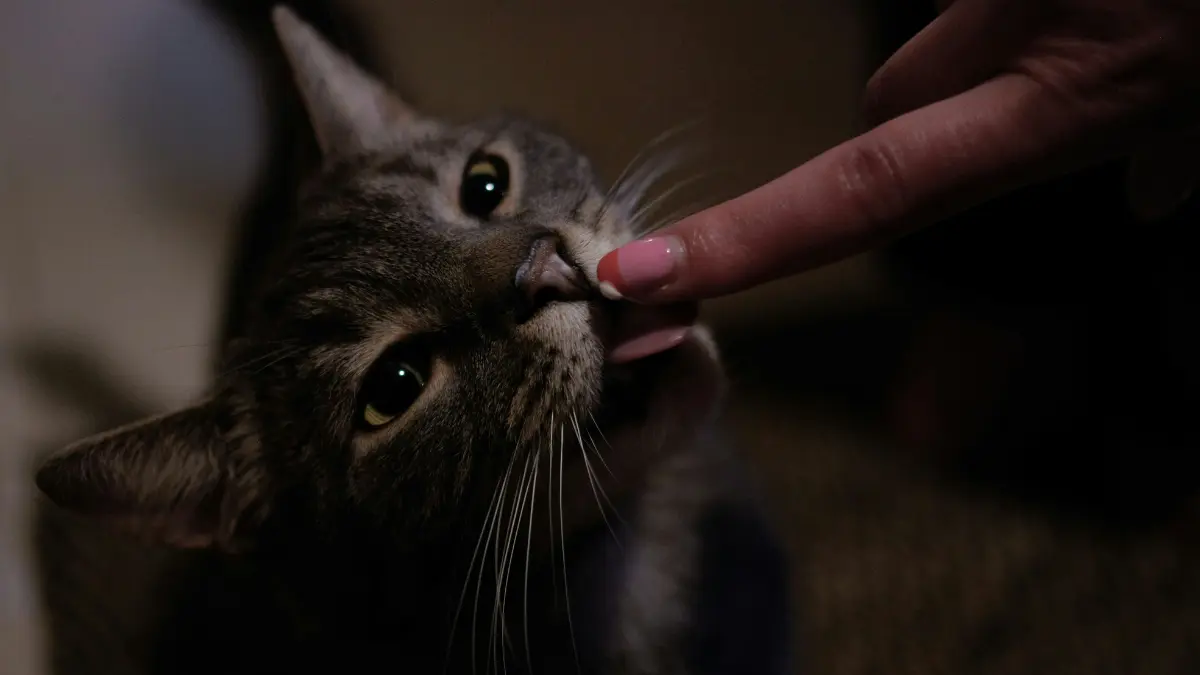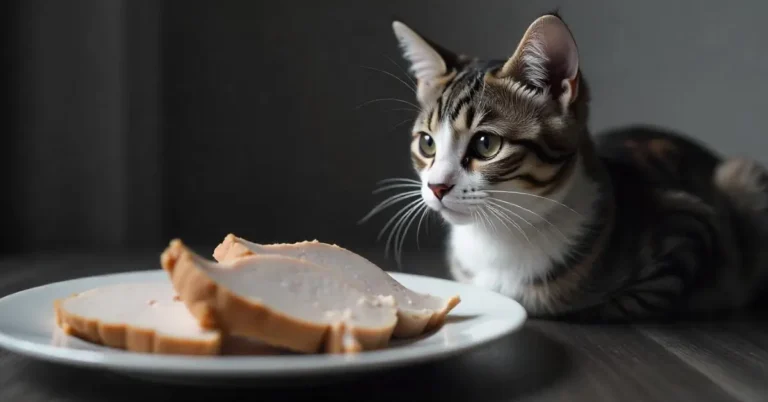Cats are curious creatures, often intrigued by the foods their human companions enjoy. But when it comes to spicy food, many cat owners wonder: can cats taste spicy flavors? This article delves deep into feline taste perception, the risks of spicy foods for cats, and why you should think twice before sharing your spicy snacks with your furry friend.
Table of Contents
- How Cats Perceive Taste
- Why Cats Can’t Taste Sweetness
- Can Cats Taste Spicy Food?
- Why Cats Are Drawn to Spicy Foods
- Is Spicy Food Safe for Cats?
- Safe Alternatives for Cats
- Common Questions About Cats and Spicy Foods
- The Best Diet for Cats
- What to Do If Your Cat Eats Spicy Food
- Final Thoughts
How Cats Perceive Taste
Feline taste perception differs significantly from that of humans. While humans have around 9,000 taste buds, cats only have about 470. This limited number of taste buds directly impacts how cats experience flavors, including spicy ones. Furthermore, cats are obligate carnivores their diets are naturally meat-centric, and their taste buds have evolved to detect flavors that signal safe and nutritious food.
One of the most notable differences is that cats lack sweet taste receptors. Unlike humans, who can savor sugary treats, cats do not experience sweetness. Researchers have found that cats lack one of the two proteins required to detect sweet flavors. This evolutionary trait aligns with their meat-based dietary needs.
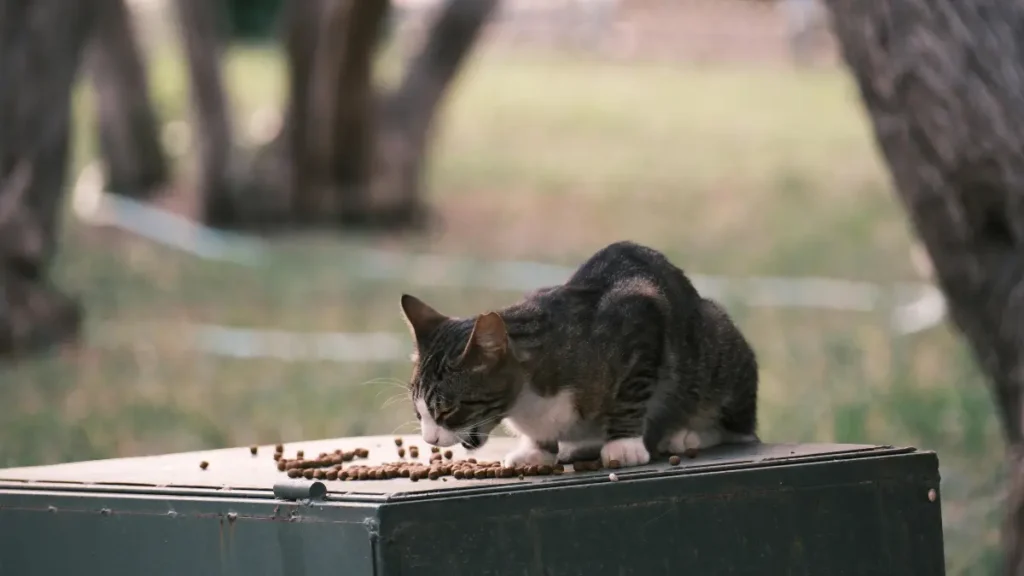
Can Cats Taste Spicy Food?
Although cats cannot taste spiciness as humans do, they can feel the burning sensation associated with spicy foods. Spicy flavors are not a taste but a pain response triggered by capsaicin, the compound found in chili peppers and other spicy ingredients. Cats, like humans, possess the TRPV1 receptor, which detects heat and irritation caused by capsaicin. As a result, cats may react negatively to spicy food, displaying signs of discomfort such as pawing at their mouths or drinking excessive water.
Why Cats Are Drawn to Spicy Foods
You may have noticed your cat sniffing around spicy dishes or even trying to sneak a bite. But why are some cats attracted to spicy foods despite the potential discomfort? The primary reasons include:
- Strong Aromas: Cats have an extraordinary sense of smell, with up to 200 million odor sensors. The potent scent of spices may pique their curiosity.
- Presence of Meat: Many spicy dishes contain meat or meat-based ingredients, which naturally attract carnivorous cats.
- Imitation: Cats are observant and may try spicy foods simply because they see their owners eating them.
- Hunger: A hungry cat may be less discerning and willing to try foods outside its usual diet.
Is Spicy Food Safe for Cats?
The short answer is no. Spicy food is generally not safe for cats. While not all spices are toxic, spicy foods can cause various health issues, including:
1. Digestive Upset
Capsaicin can irritate a cat’s digestive system, leading to symptoms like vomiting, diarrhea, and stomach pain. Cats may also drool excessively or paw at their mouths if they consume spicy food.
2. Oral and Ocular Irritation
Spices like cayenne pepper can cause irritation in a cat’s mouth and eyes. If capsaicin particles come into contact with their eyes, it can result in watering, itching, or redness.
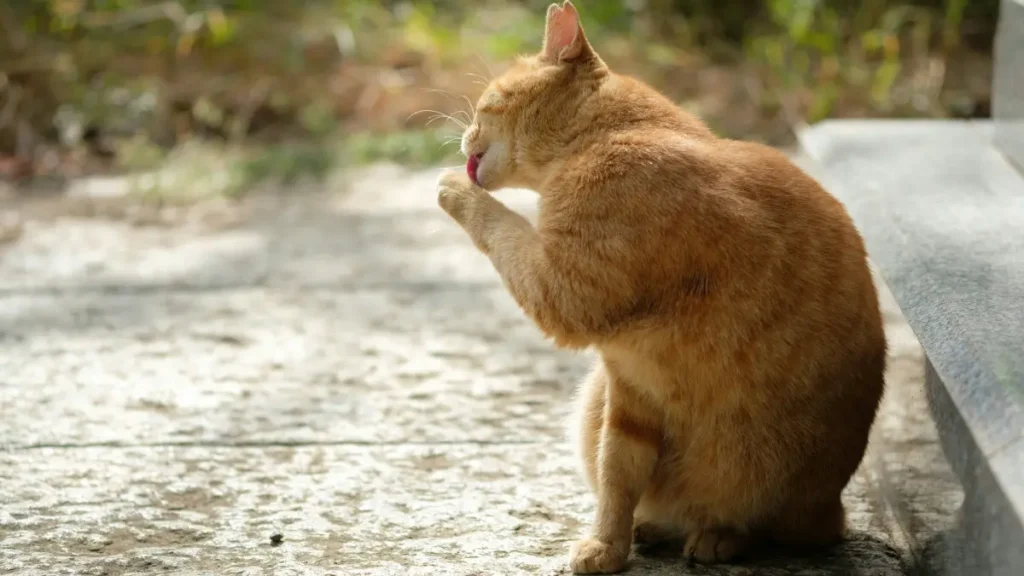
3. Toxicity from Specific Spices
Certain spices commonly found in spicy dishes are highly toxic to cats. These include:
- Garlic and Onions: These contain compounds that can damage a cat’s red blood cells, leading to anemia.
- Chives and Leeks: Similar to onions and garlic, these can cause gastrointestinal distress and blood disorders.
- Nutmeg: This spice can cause hallucinations, increased heart rate, and other severe reactions.
4. Stress-Related Health Problems
Consuming unfamiliar or irritating foods can stress a cat, potentially triggering other health issues. Stress can also lead to reduced food intake, creating a negative association with their food bowl and causing nutritional deficiencies over time.
Safe Alternatives for Cats
While spicy foods are off-limits, some spices and herbs are safe for cats in moderation and may even offer benefits:
- Ginger: Known to alleviate nausea and vomiting.
- Catnip: A favorite among cats for its euphoric effects.
- Valerian Root: A natural calming agent.
- Basil and Dill: Non-toxic and safe in small amounts, although they offer minimal nutritional value.
- Turmeric: Considered safe in small doses, turmeric may have anti-inflammatory properties.
Before introducing any new food or spice to your cat’s diet, consult your veterinarian to ensure it’s safe and appropriate.
Common Questions About Cats and Spicy Foods

Can Cats Feel Spicy Food?
Yes, cats can feel the burning sensation caused by capsaicin. While they cannot taste spiciness, the TRPV1 receptor in their bodies detects the heat, leading to discomfort.
Can Cats Eat Jalapeños?
No, cats should not eat jalapeños or any other chili peppers. Jalapeños contain capsaicin, which can irritate a cat’s digestive system and cause symptoms like vomiting and diarrhea.
Is Cayenne Pepper Harmful to Cats?
Yes, cayenne pepper can harm cats. It may cause oral irritation, watery eyes, and gastrointestinal upset. Additionally, its strong scent can stress cats if used as a deterrent around the home.
Can Cats Eat Chili?
No, chili is not safe for cats. Apart from capsaicin, many chili recipes include toxic ingredients like onions and garlic.
The Best Diet for Cats
To keep your cat healthy and happy, it’s essential to provide a diet tailored to their specific nutritional needs. A balanced, species-appropriate diet should include:
- High-Quality Protein: Meat-based protein is crucial for a cat’s overall health.
- Limited Carbohydrates: Excessive carbs can lead to obesity and diabetes.
- Adequate Hydration: Wet food or fresh water is vital for maintaining hydration.
Avoid offering human foods, especially spicy dishes, as treats. Instead, opt for commercially prepared cat treats designed to meet their dietary requirements.
What to Do If Your Cat Eats Spicy Food
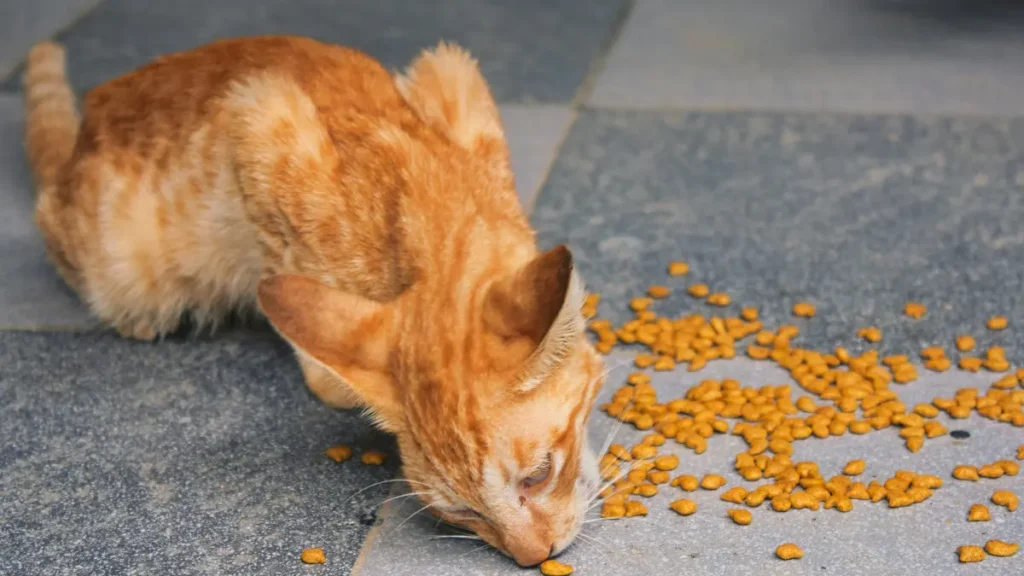
If your cat accidentally consumes spicy food, monitor them closely for signs of distress. Symptoms to watch for include:
- Vomiting or diarrhea
- Excessive drooling
- Pawing at the mouth
- Watery or irritated eyes
- Lethargy
If your cat exhibits any of these symptoms or ingests toxic spices like onions or garlic, contact your veterinarian immediately. Early intervention can prevent more severe health complications.
Final Thoughts
While your feline friend may be curious about spicy food, it’s essential to prioritize their health and safety. Cats cannot taste spicy food in the way humans do, but they can feel the burning sensation caused by capsaicin, leading to discomfort and potential health issues. Instead of sharing your spicy snacks, offer your cat a balanced, meat-based diet that meets their nutritional needs.
If you’re ever in doubt about what foods are safe for your cat, consult with a veterinarian. Remember, keeping your cat’s diet species-appropriate is the best way to ensure a long, healthy, and happy life.
Explore our blog for expert advice and practical tips on feline care. Don’t forget to share this article with fellow cat lovers to spread the word about the importance of feeding cats a safe and nutritious diet!

